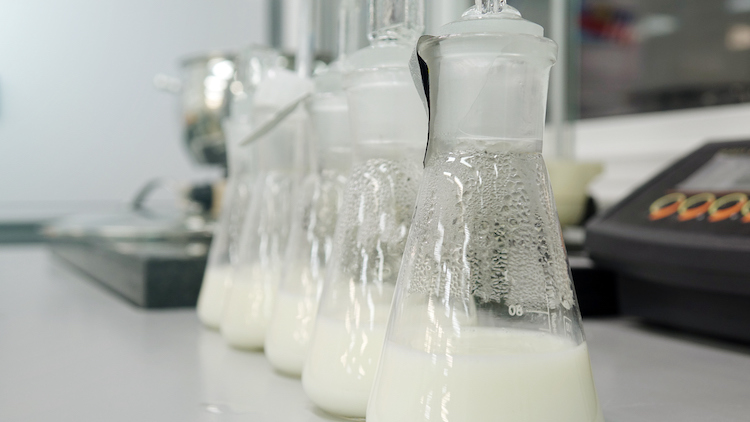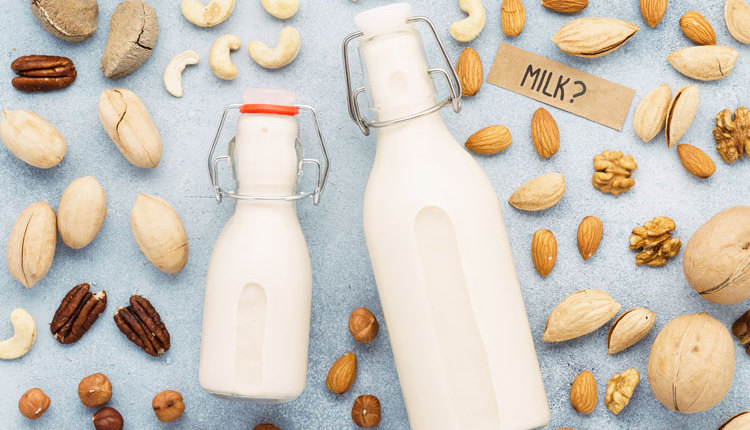
One would think that four decades’ worth of lessons would lead to some truths being learned. But as laboratory-based dairy imitators enter the marketplace, the U.S. Food and Drug Administration (FDA) seems poised to repeat the same mistakes it has made with plant-based beverages, in which their labels mislead consumers into confusing one thing with something very different.
At issue is a product called “Bored Cow,” which markets itself as “milk.” While the product does include a whey protein that’s the product of fermentation in a laboratory setting, other elements on its long list of exotic ingredients show what should be obvious to every consumer: This isn’t milk as nature has ever known it.
NMPF has been fighting with FDA over its lack of enforcement of dairy standards of identity for decades. What Bored Cow is doing is taking one whey protein that's synthetically made by precision fermentation, blending that with a myriad of other food ingredients that are quite disgusting-sounding in many cases, and calling the product “dairy milk.”
That’s the wrong description for what they’re selling.
Milk has 13 essential nutrients. It contains 400 different fatty acids. It has got two categories of proteins, casein and whey, numerous micronutrients, and it's an incredibly complex matrix that delivers an enormous nutritional package for consumers. You cannot replicate that in a laboratory. Milk is natural and it's good for you. And you can't duplicate what comes from a cow in a stainless steel vat.
But so far, FDA is allowing this violation of its standards of identity to persist, though finally after decades of inaction, FDA has gotten the message that consumers are confused and misled about the nutritional inferiority of most if not all plant-based milk alternatives. We are still hopeful FDA will step up and enforce its rules. Earlier this year, FDA proposed a voluntary labeling guidance in which they ask marketers of plant-based milk alternatives to voluntarily disclose their products’ nutritional offerings and, in most cases, those products’ nutritional inferiorities.
While NMPF appreciates the more explicit side-by-side comparison, the overall FDA guidance is flawed and we want it withdrawn. When it comes to Bored Cow and its one synthesized dairy protein, we are concerned that this, too, is a nutritionally inferior imitator that will mislead consumers and deliver a mediocre product that could harm human health.
One caveat that lab-based companies are using to distinguish themselves from plant-based imitators is that their products include one component of dairy milk. While that’s the case, it doesn’t change how very different in overall composition these products actually are — the same fundamental challenge that is also at the root of concerns over plant-based labeling. In both cases, processors are largely ignoring existing rules and regulations and doing whatever they want — not in the consumer’s interest but in their own. It’s sloppy, lazy marketing and it needs to stop.
As with plant-based foods, FDA needs to enforce its rules and regulations and send a clear message to the plant-based folks, and now the synthetic “milk” processors, that the dairy rules are on the books, and they, like everyone else, have to follow them. Otherwise, the integrity of the marketplace — and the FDA’s role as the protector of consumer interests — will continue to erode. That’s not what consumers deserve. And it’s completely preventable — if only, after four decades, FDA finally learns.








